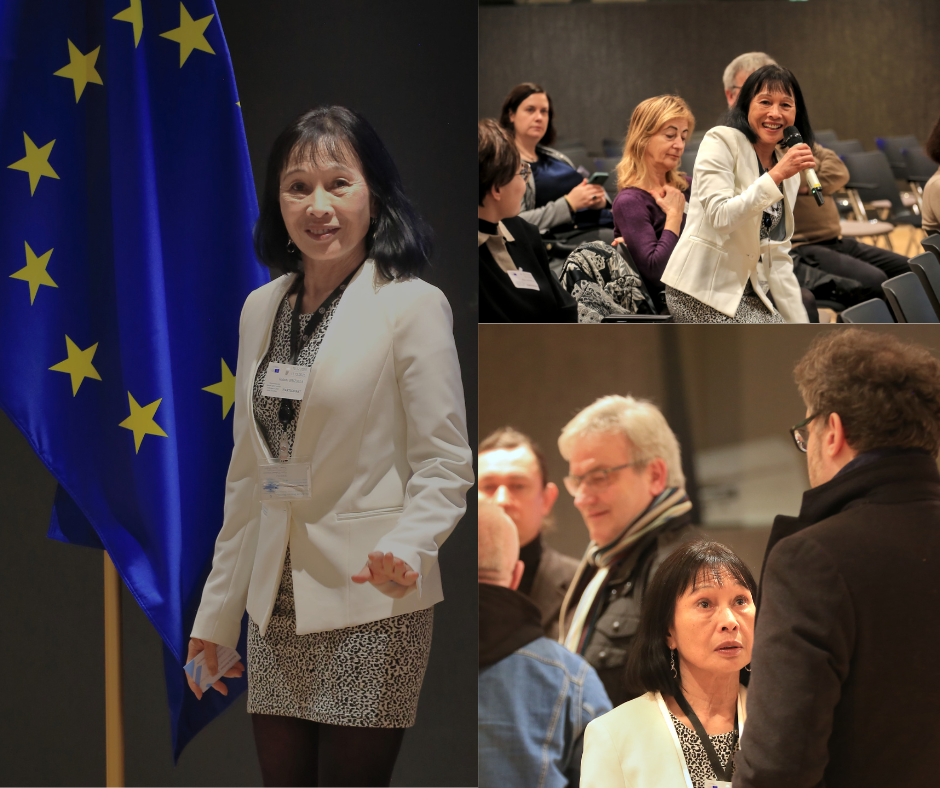The 2026 Winter Olympics in Italy wrapped up six days ago, and I’m still emotionally stretched from all the excitement. Twelve days of world-class athletes redefining gravity, speed, and human courage. I said “wow” a hundred times.
From the four corners of the Earth, they came and turned snow and ice into pure theatre. My curiosity about these exceptional people went beyond their talents and skills. Did you know that many of them have multicultural backgrounds?
Some prominent medallists hold dual citizenship (often by being born in one country to parents of another) or have officially changed their sporting nationalities to represent nations different from their place of birth or citizenship.
Laurence Fournier Beaudry – Figure Skating (Ice Dance, Gold) – Born in Canada, officially gained French citizenship in late 2025 to represent France alongside her partner Guillaume Cizeron.
Eileen Gu (Gu Ailing) – Freestyle Skiing (Slopestyle, Silver) – Born in the United States to an American father and Chinese mother; she represented China. This decision led some American commentators to argue that she should have skied for the US, where she was born and raised. (https://www.britannica.com/biography/Eileen-Gu Seen on 28/02/26).
Ilia Malinin – Figure Skating (Team – Gold) – Born in the United States to Uzbekistani immigrant parents (both former Olympic skaters). He represented Team USA.
Russian-born Yekaterina Kurakova competed for Poland. American-born Diana Davis (raised in Moscow) skated for Georgia. Alpine skier Nathan Tchibozo (born in France) represented Benin (his debut for the country). Emma Gatcliffe (Alpine Skiing) – born in Canada – played for Trinidad and Tobago, becoming the first female skier for that nation.
Athletes qualify for citizenship through parents or ancestry, allowing them to represent nations with smaller winter sports programmes. Some athletes choose countries with better competitive opportunities or more support.
The one who made the headline was alpine skier Lucas Pinheiro Braathen. He was born in Oslo, to a Norwegian father and a Brazilian mother, and won the gold medal in the men’s giant slalom. It was Brazil’s first Winter Olympic medal (for any South American country). He previously competed for Norway before switching allegiance to Brazil in 2024.
Bi/multiculturalism and multiple citizenships aren’t complications; they’re upgrades. They mean more perspectives and choices in life, more languages at the table, and more bridges where others see borders. A bilingual/bicultural brain is basically a mental cross-training gym. A multicultural life is a masterclass in empathy. As exemplified by the 2026 Winter Olympics, holding more than one passport does not divide loyalty; it provides opportunities.

I’ll be there; please drop by at the Authors’ Section. https://www.goodreads.com/book/show/242252366-plus-que-des-regrets






